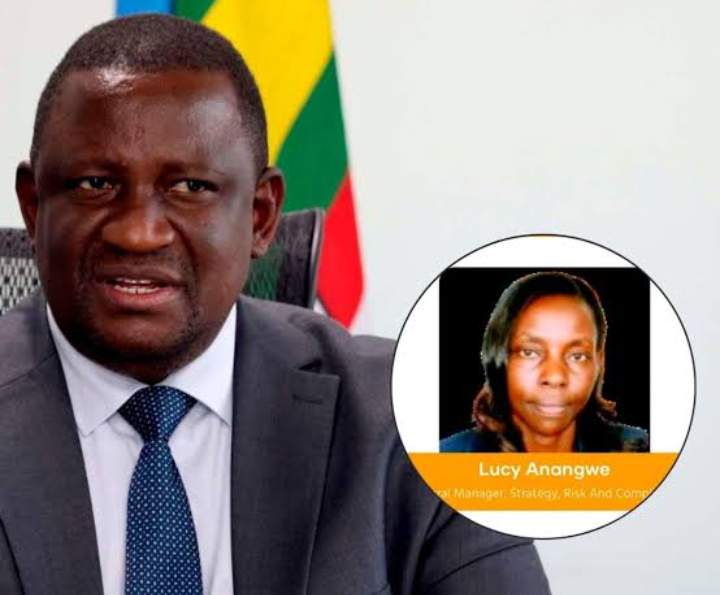Trade Cabinet Secretary Salim Mvurya has recently faced backlash following the appointment of Lucy Anangwe to a high-level government position despite her involvement in a highly controversial edible oil procurement scandal.
Anangwe, previously a finance executive at the Kenya National Trading Corporation (KNTC), was implicated in a procurement process that led to substantial financial losses.
This Sh6.5 billion oil import scandal has sparked concerns about government accountability and the vetting process for senior appointments.
The edible oil project, initiated as a government-led intervention to stabilize cooking oil prices amid rising living costs, ended up costing the state far more than anticipated.
Anangwe’s role at KNTC placed her at the heart of the financial and procurement discrepancies that drew the Senate’s attention.
Investigations revealed that KNTC, under Anangwe’s tenure as finance manager, allegedly overpaid suppliers due to price inflation and failed to secure refunds, resulting in considerable losses.
Senate investigations pointed out issues such as procurement in foreign currency (despite local suppliers) and irregular supplier selection processes.
This series of missteps led to a substantial Sh6 billion loss, ultimately undermining the intended consumer benefits of the oil project.
Anangwe claimed her involvement in the scandal was limited, asserting that she was not part of the procurement team and became aware of irregularities only during investigative inquiries.
Despite this defense, her appointment to a strategic state role has raised eyebrows, with critics arguing that her past involvement should disqualify her from holding such a position.
The criticism intensified as this appointment emerged shortly after auditors flagged inconsistencies and possible collusion among suppliers in the oil procurement, casting doubts on the integrity of individuals involved in state-led procurement.
Trade CS Mvurya’s role in Anangwe’s appointment is under the spotlight, as many have called for transparency in appointments involving officials with potentially compromised records.
A section of lawmakers and activists have demanded that Mvurya explain the rationale behind this controversial appointment, with some urging a reassessment of the government’s vetting processes for senior positions to prevent recurrence of such issues.
The incident underscores ongoing challenges in Kenya’s public procurement and governance systems, as the edible oil scandal has highlighted systemic vulnerabilities that enabled mismanagement and inefficiency.
Public pressure on government transparency and accountability remains high, especially regarding financial stewardship and appointment processes in high-stakes sectors.





















Add Comment